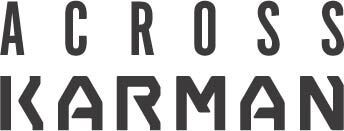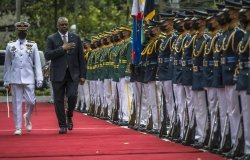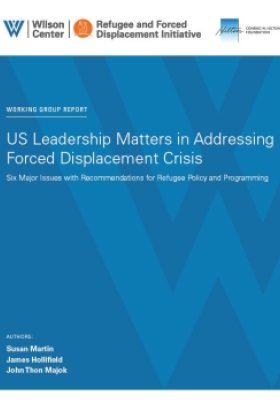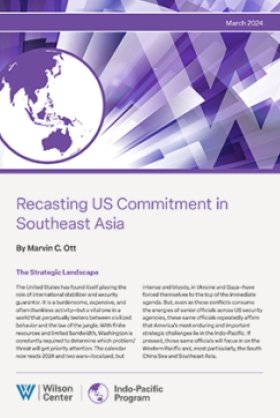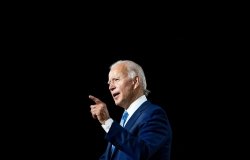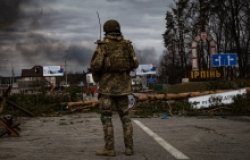Hotwash: U.S.-Turkiye Strategic Mechanism Meetings and the Path Forward
High level meetings concluded January 18 between the U.S. Secretary of State and the Turkish Foreign Minister. The “Strategic Mechanism” covered a range of outstanding disputes, but also underscored Washington’s fundamental understanding of Turkiye’s importance to international security.
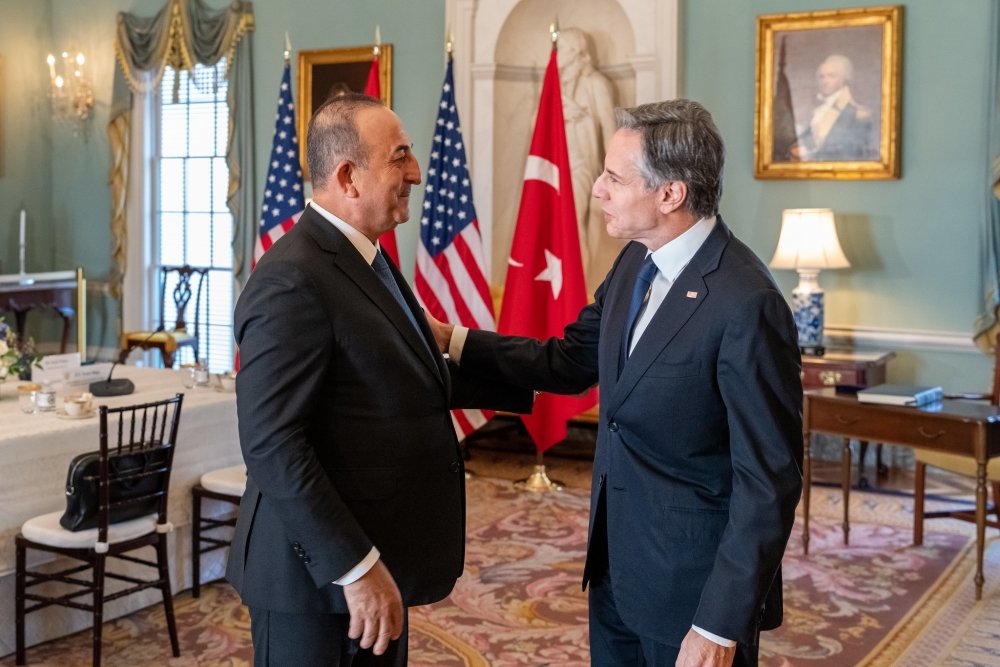
State Department photo by Ron Przysucha/Public Domain
U.S.-Turkish meetings under the aegis of the joint “Strategic Mechanism” were held at the subcabinet level and then wrapped up between Secretary of State Antony Blinken and Foreign Minister Mevlut Cavusoglu on January 18. The meetings underscored both the growing awareness in the administration of the critical role Turkiye plays in much of Eurasia and the willingness of both sides to put the best face on still-outstanding issues, such as F-16 sales, Syria, and Turkish conditionality on Swedish and Finnish NATO accession.
But the pomp and circumstance, including a long joint press conference with the Secretary and Minister and the sunny tones of the joint communiqué and press comments, suggest that Washington is applying to Turkiye its wise but politically challengeable principle, enunciated in the October National Security Strategy, “we will partner with any nation that shares our basic belief that the rules-based order must remain the basis for global peace and prosperity.”
[Turkiye's] contributions to Western security (despite its lapses) are unique, and the damage it could do to that security if it shifted policy would be immense.
The U.S. seems to understand, finally, that despite Turkiye’s seriously flawed democratic system and considerable engagement with Moscow, on balance, it is on the side of the West. Beginning with the Ukraine conflict, its contributions to Western security (despite its lapses) are unique, and the damage it could do to that security if it shifted policy would be immense. In short, it’s realpolitik thinking.
That said, the Washington meetings did not solve any of the outstanding issues existing in the bilateral relationship, but only clarified positions and, behind closed doors, explored ways forward. An inventory of those issues illustrates the obstacles remaining.
F-16 Sales and NATO Accession
Both countries have been at pains to underscore that there is no linkage between F-16 sales and NATO accession for Sweden and Finland, which is a neon sign that there actually is, certainly in the eyes of the U.S. Congress. The legislature has significant ability to stymie the massive $20 billion F-16 sale to Turkiye despite its benefits to a NATO ally, and to U.S. defense firms.
Enough members of Congress to effect the sale probably would go along with it, but only if they are sure that Turkiye will ratify Sweden’s and Finland’s NATO membership.
The administration has been able to block legislative language that would condition the sale, and has already made the informal announcement to Congress, but knows it faces strong opposition, beginning with the powerful Senate Foreign Relations Committee Chair Bob Menendez. Menendez, given his long-standing views, is not likely to ever bend on sales to Turkiye. However, enough members of Congress to effect the sale probably would go along with it, but only if they are sure that Turkiye will ratify Sweden’s and Finland’s NATO membership.
Both those states have done a great deal to assuage Turkish security concerns, mainly related to Sweden’s turning a blind eye to elements there of the anti-Turkish Kurdish terrorist organization, the PKK. In their more generous moments, Turkish officials have acknowledged this, but the Scandinavians are committed to additional actions not yet taken. More importantly, there are disputes between Helsinki and particularly Stockholm on one hand and Ankara on the other on the fine print of the memorandum, which the three signed to clarify Turkish security concerns, particularly on the always-sensitive issue of extraditing those Turkiye, with a very broad definition, considers terrorists.
A compromise is possible but unlikely before the Turkish elections are over on May 15, given still-outstanding actions by Sweden and Finland and Erdogan’s likely conclusion that “yielding” on this issue is not an election winner. On the other hand, if the opposition gains a majority in the parliament following those elections (that is more likely than Erdogan losing the simultaneous but separate presidential election), it could balk at blessing accession. This is without doubt the biggest bilateral headache.
Syria
The conflict in Syria ranks second among the disputes and, as with NATO accession, revolves largely around Turkish concerns about the PKK threat. Ankara and the U.S. have many shared interests in Syria from denying Assad control of the whole country to refugees and fighting the Islamic State (IS). But their differences over the PKK offshoot, the Syrian Democratic Forces (SDF), who have fought brilliantly for eight years alongside the U.S. against the IS, repeatedly risks a breakdown.
Most recently Ankara has threatened new military action against PKK elements including the SDF. If such an attack occurred in the northeast where U.S. troops are located it could devastate the SDF, undercut the fight against the still potent IS, and even force those troops to leave Syria. American, Russian and Assad regime opposition to any new incursion appears to have forestalled Turkish action, at least for now, but at Russian urging, Turkiye is pursuing a rapprochement with its long-term foe, Syrian President Bashar Al-Assad.
The U.S. is publicly opposed to any such move, but certainly less so than a military incursion, in part because U.S. policy on Assad and Syria generally is hard to ascertain, and in part because it is not clear, beyond a possible Erdogan-Assad meeting, how rapprochement would change the underlying, horribly complicated Syria dynamics. For example, both Ankara and Damascus have indicated no change in their contradictory Syria ‘asks’. For the Turks, “voluntary, dignified and safe return” of the almost 4 million Syrian refugees in its territory, joint action against PKK elements, and some political progress under the 2015 UNSCR 2254 to the benefit of Turkiye’s Syrian opposition allies. For the Assad regime, they are Turkish withdrawal from the significant Syrian territory the Turks occupy and decoupling from the Syrian opposition. The fruitless Jordanian and Emirati efforts since 2018 to find common ground with Assad are a lesson to both Ankara and Washington.
And all the rest
Among other concerns, relations with Greece have deteriorated recently over Greek condemnation of the F-16 sale by Prime Minister Mitsotakis before the U.S. Congress, as well as various questions related to the Aegean, from militarization of Greek islands off Turkiye’s coast, to territorial sea and air claims and overall airspace control. In legal and historical terms, Turkiye has a good case on almost all the contentious issues, but Ankara has scored an ‘own goal’ with President Erdogan’s intemperate language (missiles falling on Athens, islands to be invaded), and by actual, as opposed to questionable Greek assertions of Turkish overflights of legitimate Greek territory.
Next is Turkiye’s unsavory human rights record. The administration, as noted above, is trying to whistle beyond that graveyard, but Senator Menendez keeps bringing it up, and the State Department’s conflicted attitude was manifest in its press spokesperson’s long belabored recital of Turkiye’s flaws in this regard on January 18. The final contentious issue is Turkiye’s extensive, long-term economic, especially energy, and diplomatic ties with Moscow.
Washington has apparently done a cold-blooded assessment of pluses and minuses, with Turkiye coming out on the plus side.
However unusual for American foreign policy, Washington has apparently done a cold-blooded assessment of pluses and minuses, with Turkiye coming out on the plus side. The administration understands that Ankara is on team NATO’s side in supporting Ukraine against the Russian onslaught, and Turkiye’s actions here, including blocking Russian naval reinforcements, preventing flights to and from Syria and Russia, and arming the Ukrainians, have been significant.
Turkiye’s role as a ‘go-between’ for Kyiv and Moscow is also appreciated, resulting in a near diplomatic breakthrough in the conflict last spring and its facilitation of the various grain export deals critical for international solidarity on Ukraine. Washington has also added up Turkiye’s contributions on many current critical security issues beyond Ukraine, including the recent take down of the IS leader in Syria, and key roles it plays in NATO’s nuclear deterrence and Iranian anti-missile system operations, and historically on Bosnia, Kosovo, Afghanistan, and defeat IS operations via vital use of Incirlik airbase and many other actions. The U.S. recognizes it needs Turkiye on its side.
Turkiye, looking at an aggressive Russia and a possibly soon nuclear-armed rival in Iran, knows it can’t police its neighborhood without the U.S. and NATO (nor without the Arab states and Israel, with whom Erdogan has dramatically improved relations of late). Finally, after years of haranguing Washington about minimal trade relations, Ankara is enjoying a boom in exports to America as well as much increased American LNG imports reducing its reliance on Russian and Iranian gas.
Prognosis
Both the Turkish and American presidents, more from the head than the heart, get the importance of the bilateral relationship and will likely make hard decisions and reign in bureaucratic and parliamentary opposition to solve this packet of headaches for the greater good. But the path remains perilous.
There is no other U.S. bilateral relationship so weighed down by peripheral issues. In Washington, it is a sense of distrust and misunderstanding concerning Turkiye, along with the notorious anti-Turkish lobbies who, even in the best of times, advocate for excommunication. In Ankara, a feeling among much of the population of repeated betrayal by both the U.S. and the EU over the past twenty years, but fueled by toxic anti-Western rhetoric often from President Erdogan and his allies.
These systematic problems, along with the specific agenda, not only can be dealt with, but given Turkiye’s importance and the gravity of the challenges we all collectively face, must be. That however will require more efforts like those seen this week, presidential-level sustained engagement, and a dose of good luck.
The views expressed in these articles are those of the author and do not reflect an official position of the Wilson Center.
About the Author
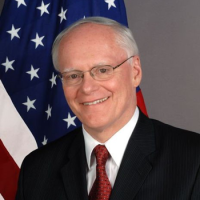
James F. Jeffrey
Former ambassador to Iraq and Turkey, and Special Envoy to the Global Coalition To Defeat ISIS

Middle East Program
The Wilson Center’s Middle East Program serves as a crucial resource for the policymaking community and beyond, providing analyses and research that helps inform US foreign policymaking, stimulates public debate, and expands knowledge about issues in the wider Middle East and North Africa (MENA) region. Read more

Global Europe Program
The Global Europe Program is focused on Europe’s capabilities, and how it engages on critical global issues. We investigate European approaches to critical global issues. We examine Europe’s relations with Russia and Eurasia, China and the Indo-Pacific, the Middle East and Africa. Our initiatives include “Ukraine in Europe” – an examination of what it will take to make Ukraine’s European future a reality. But we also examine the role of NATO, the European Union and the OSCE, Europe’s energy security, transatlantic trade disputes, and challenges to democracy. The Global Europe Program’s staff, scholars-in-residence, and Global Fellows participate in seminars, policy study groups, and international conferences to provide analytical recommendations to policy makers and the media. Read more
